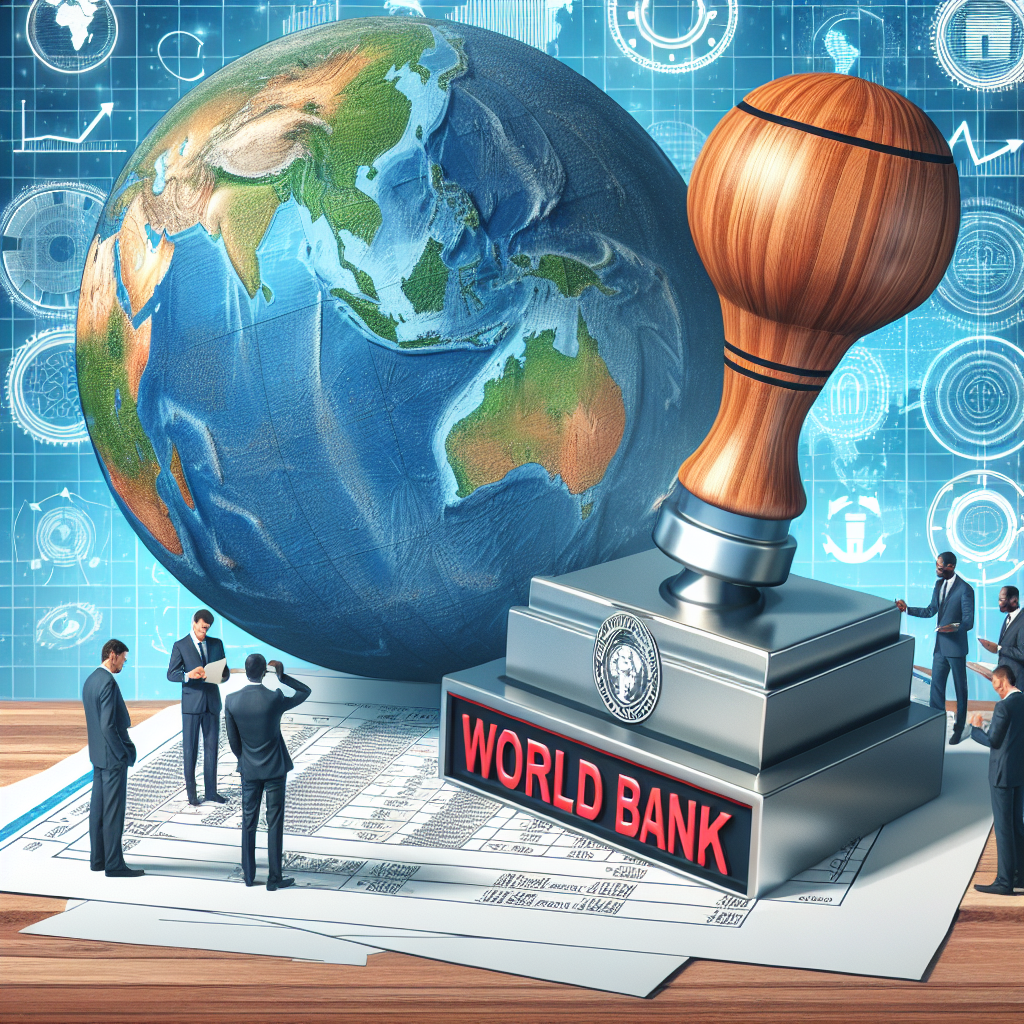World Bank Lifts Nuclear Energy Funding Ban in Developing Nations
The World Bank has ended its ban on funding nuclear energy projects in developing countries, according to President Ajay Banga. The decision is part of efforts to meet rising electricity needs, though debates continue over funding natural gas projects. The Bank emphasizes flexibility in energy strategies to support development.

The World Bank has lifted its longstanding ban on financing nuclear energy projects in developing countries, marking a significant shift in its energy strategy. President Ajay Banga announced the decision as part of a broader initiative to meet the rising electricity demand.
Discussions remain ongoing about whether the Bank will support natural gas production funding and under what conditions. Some countries, like Germany, France, and Britain, have expressed reservations about expanding the Bank's energy approach to include natural gas.
Banga has advocated for a diversified energy policy approach since his appointment in June 2023. He highlighted that electricity requirements would more than double in developing nations by 2035, necessitating a significant increase in investments.
This decision has found favor with the U.S., the Bank's largest shareholder, amid concerns from climate activists that nuclear and natural gas projects might divert funds from renewable resources.
(With inputs from agencies.)
ALSO READ
‘The margins of the budget’: Gender equality in developing countries underfunded by $420 billion annually
Argentina Imposes Natural Gas Restrictions amidst Cold Snap
Digitalization widens human development gap between developed and developing countries
Argentina Faces Natural Gas Supply Challenges Amid Historic Cold Spell
India Unveils Draft Petroleum & Natural Gas Rules 2025 to Spur E&P Reforms










